
Value vs Growth Investing
There are two fundamental approaches that most investors use while investing in stocks or mutual funds. They are growth investing and value investing. Both the approaches have their own merits and fulfil the common goal of maximising the investment value...

Monthly Income Mutual Funds
What are Monthly Income Mutual Funds? Monthly Income Mutual Funds or Monthly Income Plans (MIPs) are debt-oriented hybrid mutual funds that invest a small portion in equity instruments. The equity portion is considerably low to give an advantage of stability...

How to do KYC for Mutual Funds Online?
What is Mutual Fund KYC? KYC is a mandatory process to verify the identity of a mutual fund investor. As per the SEBI guidelines This process includes providing personal details such as name, address, PAN card details, and providing supporting...
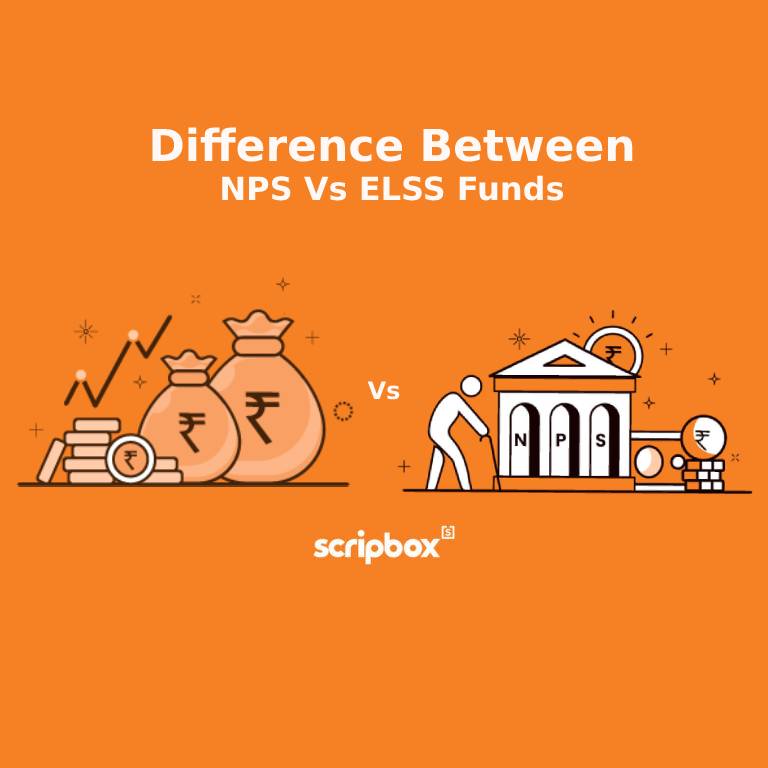
NPS vs ELSS
Saving tax is one of the important aspects of financial planning and wealth creation. There are various avenues available where an individual can invest to save taxes. Among them, Section 80C has a list of investments that offer tax deductions...
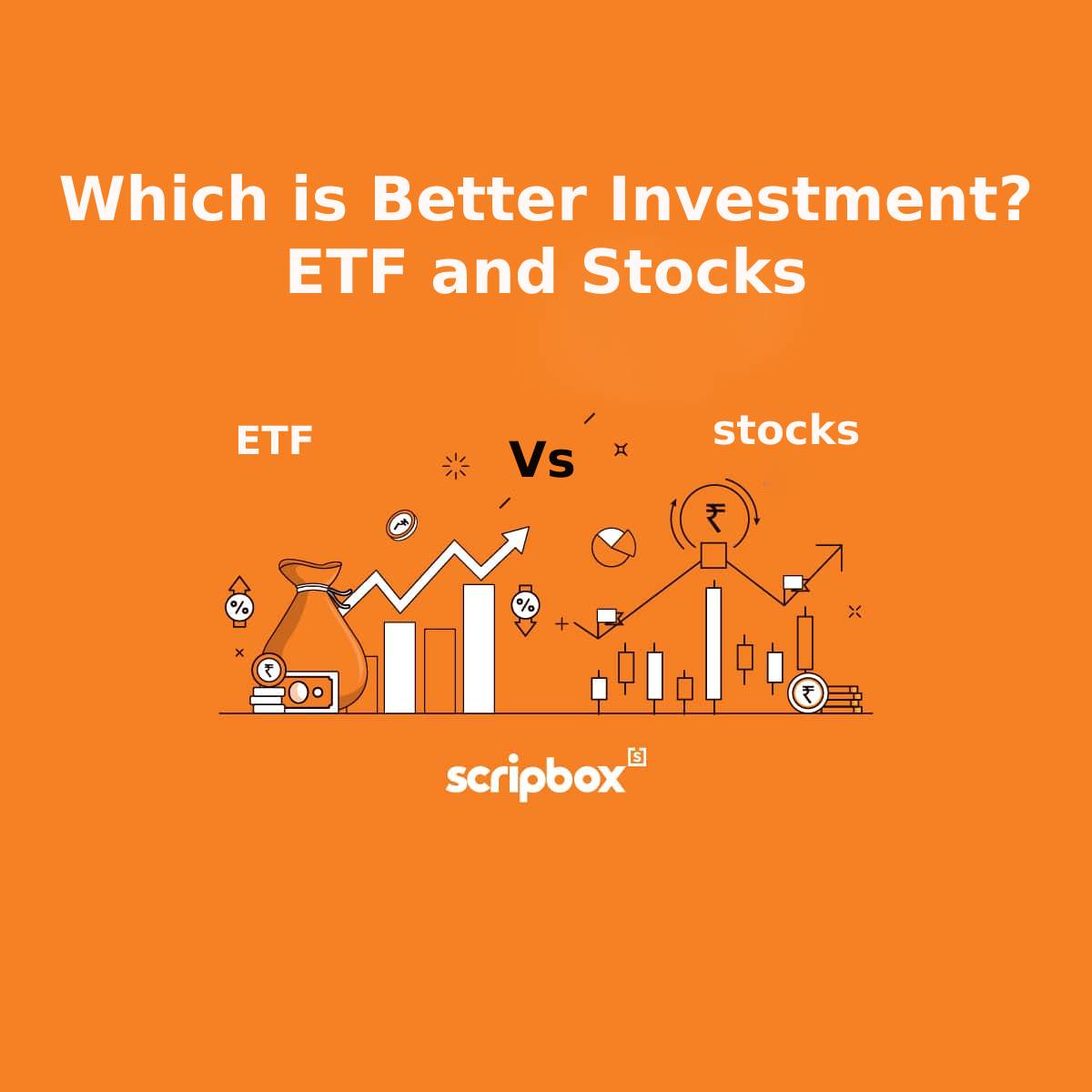
ETF vs Stock
Investors have an array of options for investing in the stock market. Besides trading in individual stocks, which offer a share of ownership in a specific company, investors can also invest in Exchange Traded Funds(ETFs). ETFs are a collection of...
Practical Insights For Wealth Creation
Our weekly finance newsletter with insights you can use
Your privacy is important to us
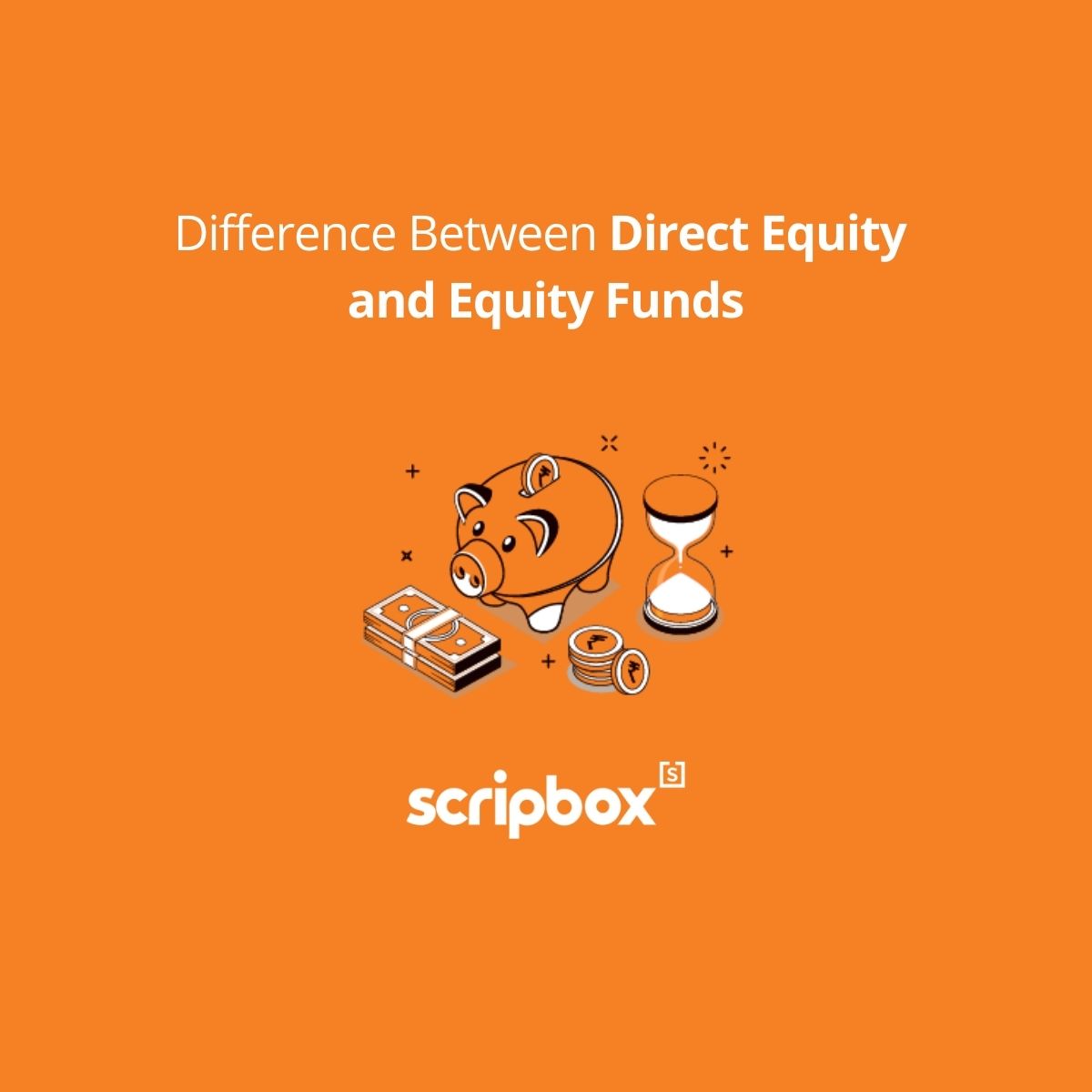
Direct Equity vs Equity Mutual Funds
Often investors are confused whether they should directly invest in stocks or invest through mutual funds for equity investment. Mutual funds invest the pooled money from investors in publicly traded stocks known as equity mutual funds. On the other hand,...
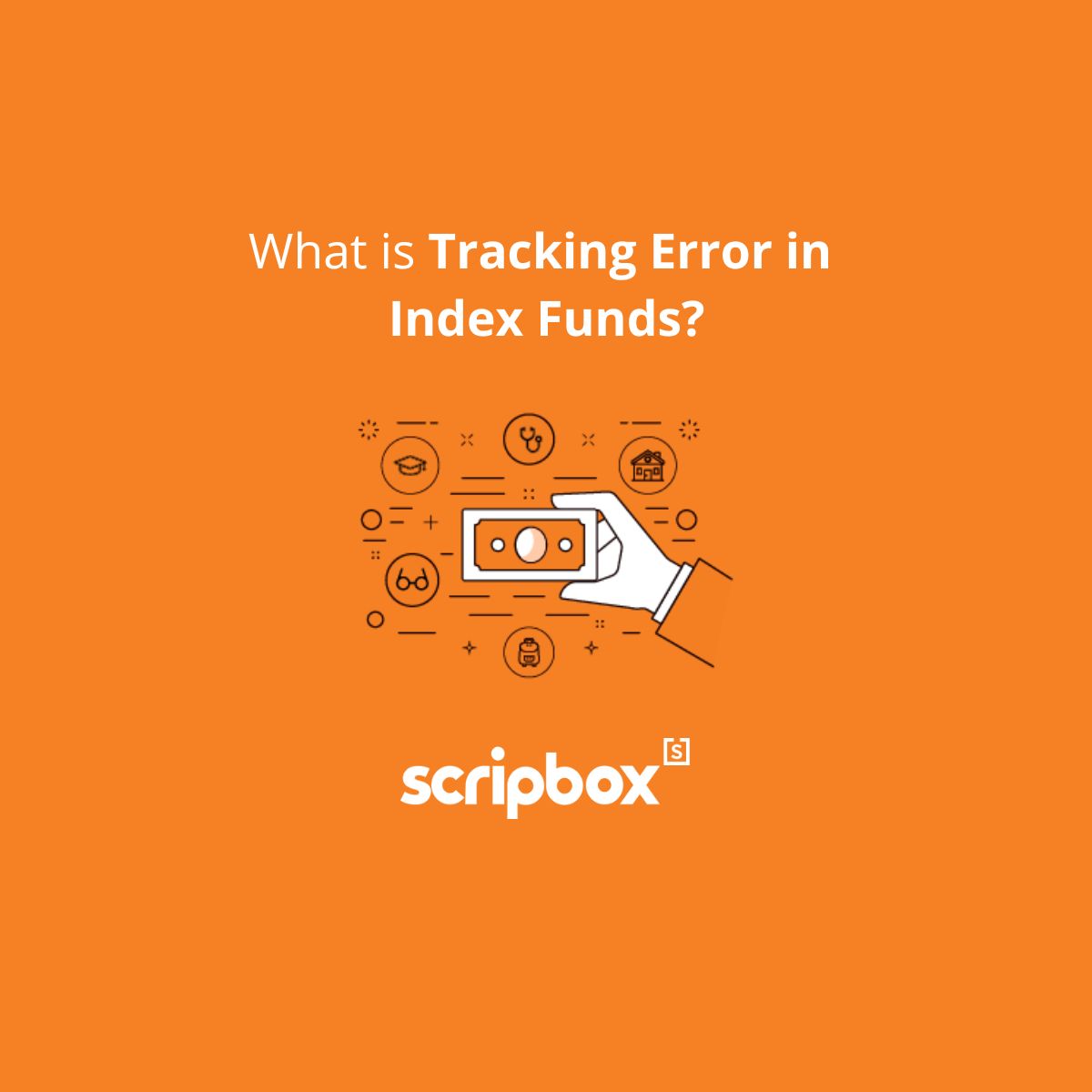
Tracking Error in Index Funds
Are you looking for a passive investment fund for your financial goals? Are you looking for returns that match the stock market? Then index funds can serve your purpose. This is a passive mutual fund that tracks and replicates the...
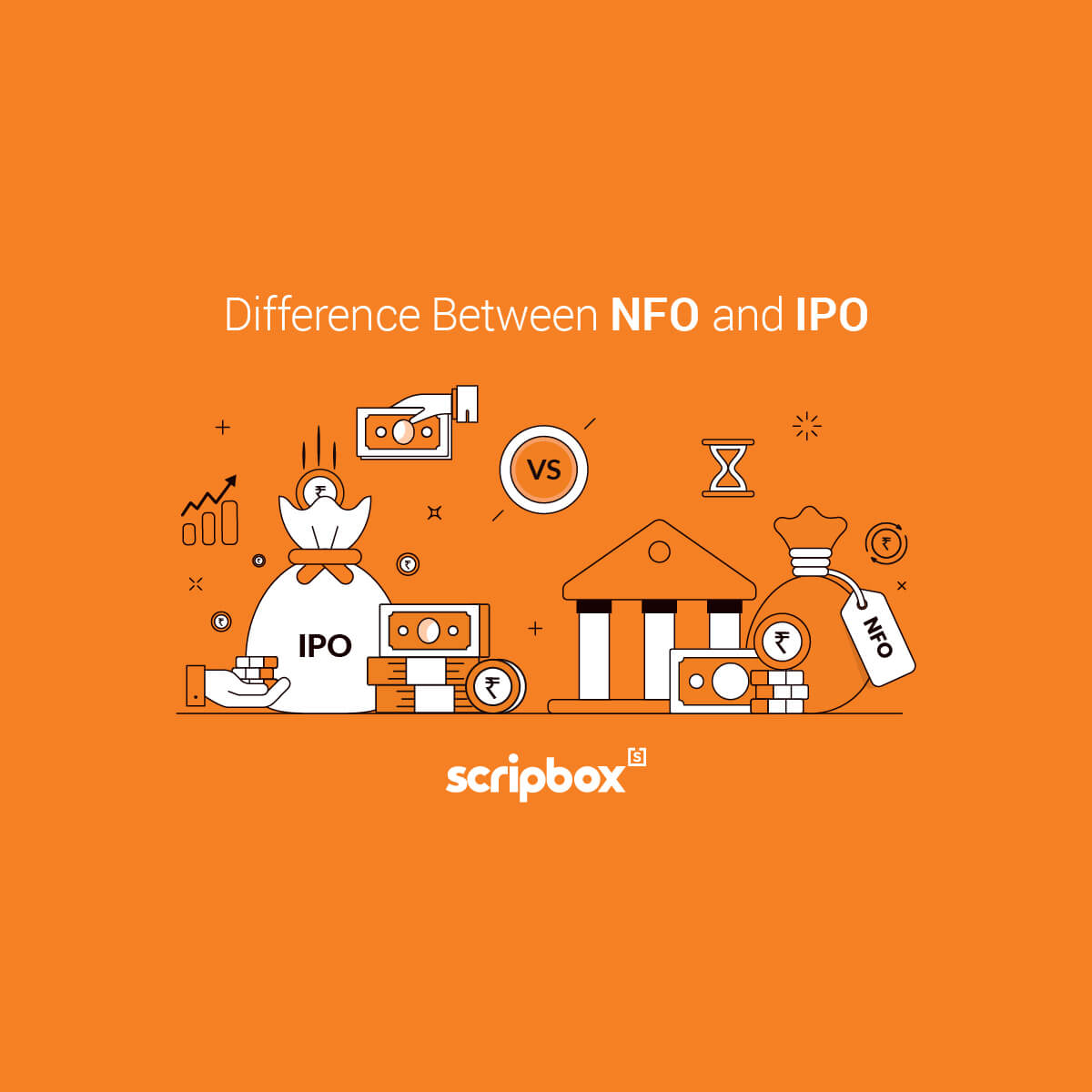
NFO Vs IPO
Often investors have confusion between Initial Public Offering (IPO) and New Fund Offer (NFO). They presume that both represent similar investment opportunities. Also, both IPO and NFO are primary market offerings. Therefore, it is crucial to understand the difference between...









